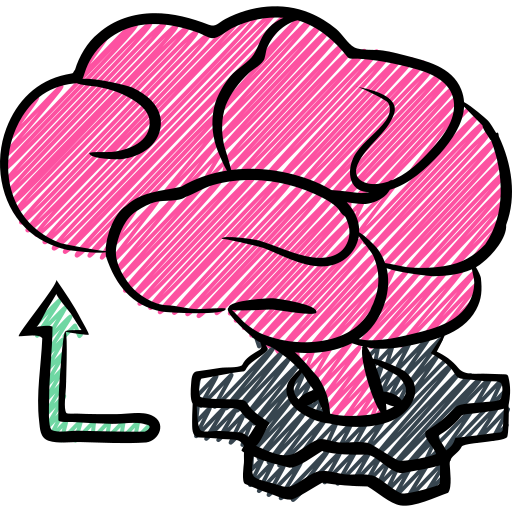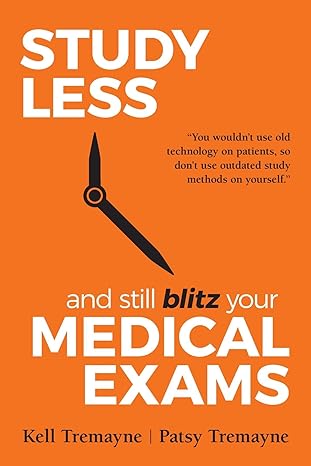- Home
- From Doctor Burnout to Resilient Recovery
- Mindfulness Techniques for Stress
Mindfulness Techniques for Stress – Short Practices to Reduce Burnout
In the fast-paced world of medicine, burnout can feel like an unavoidable part of the job. But it doesn’t have to be. Mindfulness offers a powerful, evidence-based way to interrupt the stress cycle, even in just a few minutes a day. Mindfulness techniques for stress isn’t about escaping your responsibilities or clearing your mind of all thoughts. It’s about learning to notice what’s happening—inside and out—with curiosity and without judgement. It’s about creating space between stimulus and response so you can act with intention, not just react from exhaustion.
For doctors, this means:
- Responding to pressure with clarity instead of panic
- Noticing early signs of burnout before they escalate
- Reconnecting with purpose and presence in your work
- Building emotional resilience in the face of constant demands
“Mindfulness is having its moment with a wealth of new research… It reduces rumination and stress, increases working memory, focus, and cognitive flexibility.”
The best part? You don’t need to meditate for hours. Even 5–10 minutes of mindfulness can reduce stress, improve focus, and help you feel more grounded—whether you’re on a break, between patients, or preparing for exams.
Why Mindfulness Matters for Doctors
The science behind why it works—and why it’s worth your time
Doctors are trained to care for others—but rarely taught how to care for themselves. The result? High rates of burnout, anxiety, and emotional exhaustion. According to the book, burnout affects up to 75% of Australian junior doctors.
Mindfulness offers a practical, science-backed antidote. Here’s what the research shows:
Reduces Stress and Anxiety |
Improves Memory and Focus |
 |
Mindfulness activates the parasympathetic nervous system, helping the body shift from “fight or flight” to “rest and digest.” This lowers cortisol and reduces the physiological toll of chronic stress. |
 |
Mindfulness enhances working memory and attention span—critical for study, clinical decision-making, and exam performance. |
Increases Emotional Regulation |
Builds Resilience |
 |
By observing thoughts and feelings without judgement, doctors can respond more calmly to difficult situations, patients, or colleagues. |
 |
Mindfulness helps doctors bounce back from setbacks, manage uncertainty, and stay connected to their values and purpose. |
“Mindfulness-based programs reduce stress and burnout of otherwise healthy individuals… even five to 10 minutes a day can make a difference.”
In a profession where time is scarce and pressure is constant, mindfulness is one of the few tools that gives back more than it takes.
Three Things You Can Do Right Now
Three short mindfulness practices for busy doctors
These techniques are designed to fit into your day—between patients, before study, or even during a break. No apps, no special equipment, no extra time required.
1. Box Breathing (4-4 Technique)
Duration: 1–2 minutes
Where: Anywhere—before a shift, during a break, or before an exam
How to do it:
- Inhale slowly for 4 counts
- Exhale slowly for 4 counts
- Repeat for 10 breaths
- Gradually increase to 6 counts over time
Why it works:
This technique calms your nervous system, lowers cortisol, and improves focus. It’s a portable reset button—perfect for moments of pre-exam anxiety or mid-shift overwhelm.
2. River Meditation (Thought Observation)
Duration: 5 minutes
Where: Quiet space—home, break room, or even in your parked car
How to do it:
- Close your eyes and focus on your breath
- Imagine a slow-moving river
- Each boat on the river carries a thought, feeling, or sensation
- Watch the boats float by—don’t jump in or push them away. Just observe
- Let them pass and disappear
Why it works:
This practice helps you detach from stressful thoughts and observe them without judgement. It’s one of the most effective mindfulness techniques for stress during emotionally demanding times. This can also help with decentering from common thinking errors.
3. Focused Meditation (Breath Awareness)
Duration: 5–10 minutes
Where: Before study, after work, or before sleep
How to do it:
- Sit comfortably and bring your attention to your breath
- When your mind wanders (and it will), gently bring it back
- Repeat until the timer ends
Why it works:
Focused meditation strengthens attention, reduces anxiety, and builds mental stamina—essential for exam prep and clinical performance. It’s a cornerstone of mindfulness techniques for stress, especially during exam season or emotionally intense times.
Doctors can use the Stress Bucket Model to:
- Track daily stressors and coping strategies
- Identify which taps are working—and which aren’t
- Replace false taps with healthy ones
- Build resilience through deliberate recovery
- Prevent burnout by managing stress proactively
Final Thought on Mindfulness Techniques for Stress
Mindfulness isn’t a luxury—it’s a performance tool.
In medicine, where precision, clarity, and emotional regulation are non-negotiable, your mental state directly impacts your performance. During exam season, the pressure intensifies—your cognitive load increases, your sleep may suffer, and your emotional bandwidth shrinks. That’s exactly when mindfulness becomes most valuable.
These short practices aren’t about escaping stress—they’re about transforming how you relate to it. Mindfulness helps you shift from reactive to responsive, from scattered to focused. It trains your brain to stay present, even when your environment is chaotic or your mind is racing.
You don’t need to carve out hours from your already packed schedule. Just a few minutes of intentional breathing or thought observation can:
- Recalibrate your nervous system
- Improve recall and concentration
- Reduce the emotional weight of exam pressure
- Help you approach study and clinical tasks with clarity and composure
Think of mindfulness as mental hygiene—just like washing your hands before a procedure, you’re clearing mental clutter before engaging with complex material or high-stakes decisions.
"It’s not about being perfect—it’s about being aware.
Awareness gives you choice. And choice, in high-pressure moments, is power."






